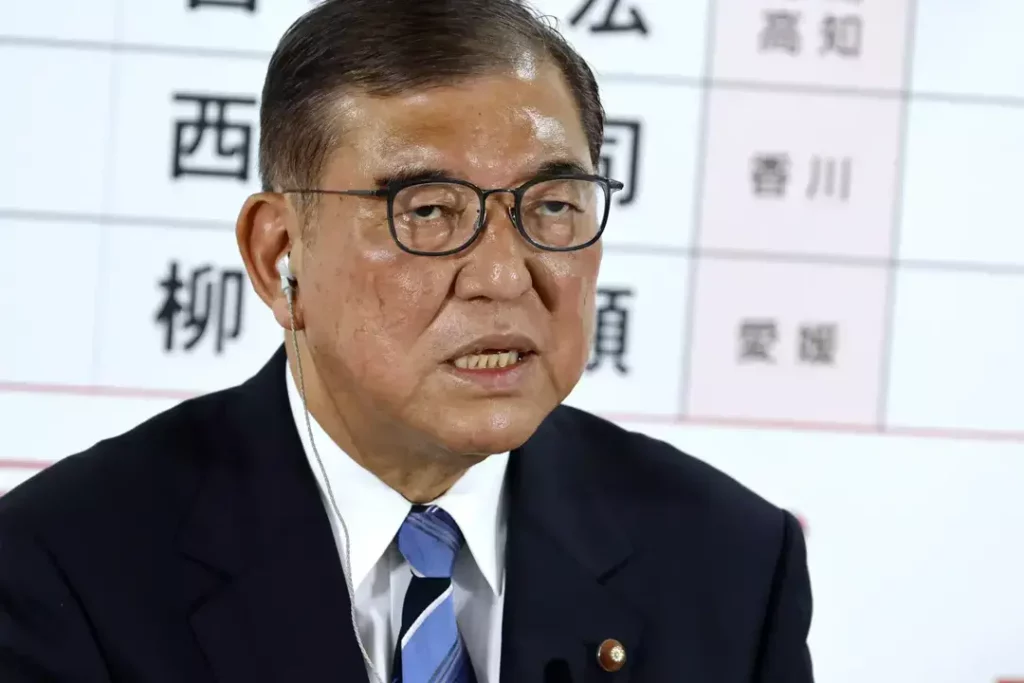
Japan PM Loses Grip as Tariff Deadline with US Approaches
The Japanese ruling Liberal Democratic Party (LDP) has lost its majority in the Upper House of Parliament, just a day ahead of a critical August 1 deadline to agree on new tariffs with the United States. The defeat has weakened Japan’s bargaining position in ongoing negotiations with the Trump administration, particularly in the auto and agriculture sectors.
Prime Minister Shinzo Abe’s LDP, which has been in power for most of the past decade, won fewer seats than expected in the July 21 elections, resulting in a loss of its majority in the Upper House. The party will now need to rely on smaller allies to pass legislation, which could make it difficult to push through contentious trade deals like the one with the US.
The development comes as the US and Japan are in the final stages of negotiations on a trade agreement, which includes provisions for tariffs on auto imports and agricultural products. The US has been pushing for Japan to concede to its demands and increase market access for American farmers and automakers.
However, Japanese Prime Minister Shinzo Abe, who is also the LDP’s leader, has remained firm in his opposition to the US demands. In a recent interview, Abe said that Japan would not compromise on its agricultural and automotive industries, and that the country would continue to negotiate with the US based on its own principles and values.
The US has been seeking to increase its market share in Japan’s auto market, which is dominated by Japanese manufacturers like Toyota and Honda. The US has also been pushing for greater access to Japan’s agricultural market, which is heavily protected by tariffs and quotas.
The negotiations have been ongoing for months, and the deadline of August 1 is seen as a critical point. If an agreement is not reached by then, the US may impose tariffs on Japanese auto imports, which could have significant implications for the Japanese economy.
The loss of the LDP’s majority in the Upper House is seen as a significant blow to Japan’s negotiating position. The party will now need to rely on the backing of smaller parties, including the Komeito and the Democratic Party, to pass legislation.
However, the opposition parties have indicated that they will not support the LDP’s trade policies, which could make it difficult for the government to pass any agreements with the US.
The development has sent shockwaves through the Japanese stock market, with the Nikkei 225 index falling over 2% in reaction to the news. The yen also weakened against the US dollar, as investors became more risk-averse.
The US has been seeking to increase its influence in the Asia-Pacific region, and the trade negotiations with Japan are seen as a key part of that strategy. The US has already imposed tariffs on several key Asian trading partners, including China and South Korea, and is seeking to increase its market share in the region.
Japan, on the other hand, is seeking to maintain its economic independence and protect its key industries, including autos and agriculture. The country has also been seeking to reduce its trade surplus with the US, which has been a source of tension between the two countries.
The outcome of the negotiations is still uncertain, but one thing is clear: the loss of the LDP’s majority in the Upper House has weakened Japan’s bargaining position and increased the pressure on the country to concede to US demands.






